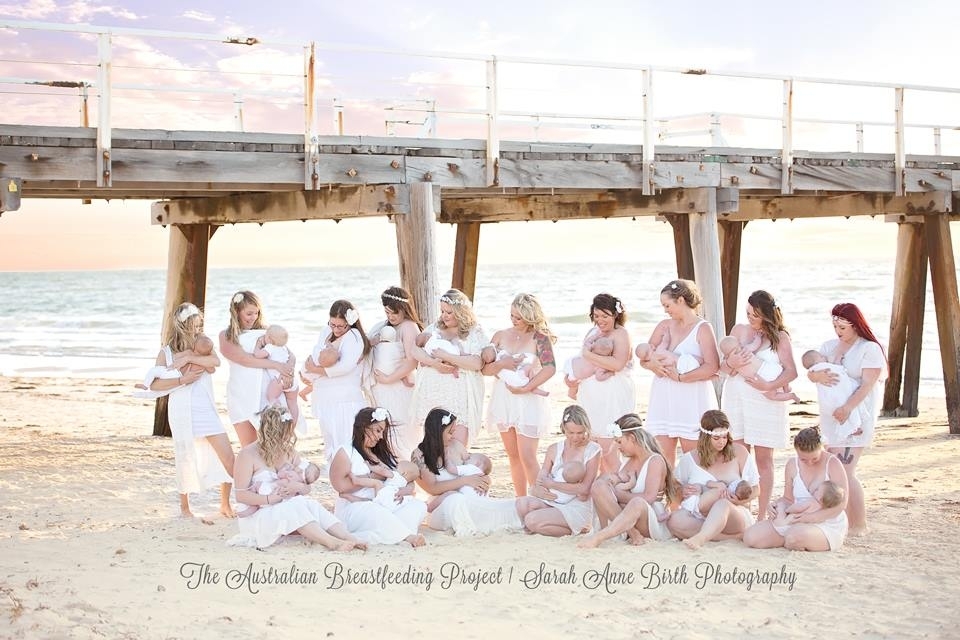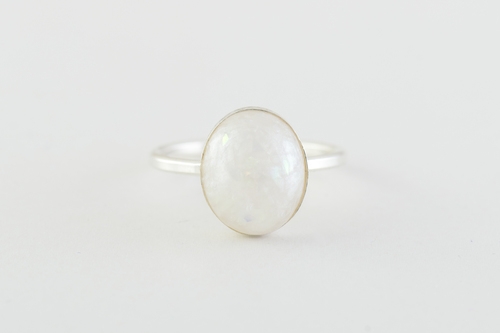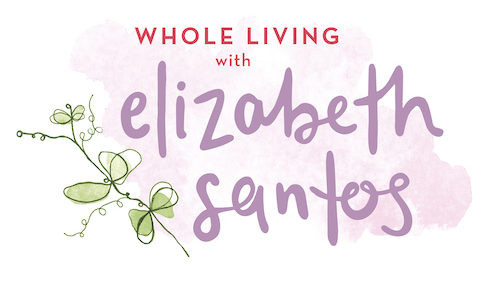
Have you been thinking about weaning your child from breastfeeding? It can be an intense time for any mum no matter what age your bubba is. Below are a list of suggestions to help you stop breastfeeding in a way that feels nourishing, gentle and supportive for you and babe. No matter what your reason for needing / wanting to wean, know that there are ways to ease the transition and there can be plenty of support for you on the journey if you look in the right places.
1. Give Your Little One Notice
If your child is of toddler age and old enough to understand, you can begin to prepare them by explaining to them what is going to happen over several days or even weeks prior. You could tell them some special stories about how and why the ‘milk’ will be changing and get them used to the idea of a bottle or sippy cup (expressing your milk into a bottle can be a good first step too.) Even if you feel they are too ‘young’ to comprehend what you are telling them, energetically they may just get the message. Little people can sometimes know or understand more than we give them credit for. Keep them informed and explain throughout the process so that they feel clear on what you expect from them every day, and at every stage.
2. Comfort and Soothe
If milk has been a source of comfort for your little one in times of sickness or upset, these can indeed become the most challenging times once you stop breastfeeding. Instead of comforting with the breast, try using soft plush comforters, dummies or a ‘blankie’ to help fill the need for something snuggly. Of course plenty of extra cuddles, love and even co-sleeping (if it’s your thing) will go a long way towards keeping that beautiful strong bond that you already have with your child.
3. Reduce Your Milk Supply Naturally
Many mums these days are rather savvy when it comes to discovering ways to increase milk supply with things like fennel and fenugreek tea, Brewer’s Yeast, organic oats and lactation cookies (see my tried and tested recipe here).
But what about reducing your milk naturally?
Because breast feeding is a supply and demand process, basically the more your baby suckles at the breast the more milk will be produced. This is because suckling stimulates the pituitary gland to produce prolactin – one of the key hormones involved in lactation.
Reducing time spent at the breast as feels comfortable, as well as dropping the overnight feeds will help to reduce your milk supply – (overnight feeds particularly those between 1-3am stimulate the highest levels of prolactin.) Offering babe a cup of milk (of your choice) overnight can be a soothing substitute. Try heating the milk when the nights are cold!
Peppermint oil can be used topically when diluted with a carrier oil (almond / coconut.) Simply apply after a shower and massage into breasts in a clockwise direction. I recommend to only try this once you have completely stopped breastfeeding and are wishing for the breasts to stop lactating. (Note – it is not advisable to use essential oils topically on the breasts while breastfeeding.)
Applying cold compresses, cabbage leaves can be cooling and soothing if breasts feel tender and sore. Gently hand expressing a small amount of milk to release any pressure or tightness in the breast tissue can also help.
4. Take Pictures
Having special pictures taken of you breastfeeding your baby can be such a memorable and special thing to do. Visit the Australian Breastfeeding Project to see whether you could get involved in some group photos in your area, or have a photographer take some snaps for you. If this sounds like too much trouble even some selfies make beautiful memories, or ask a loved one to snap next time your babe has a feed!

5. Seek Support from the Right Places
It’s very common to receive conflicting advice about breastfeeding, so as always – be careful to take on only the pieces of wisdom that resonate with you, and let the rest go. Some women tell me they receive pressure from friends or family to stop breastfeeding because ‘your babe is too old / big now’ etc but the truth is that this journey is yours and your babies, and no-one else’s! You need to follow your heart and do what feels right for you both. The Australian Breastfeeding Association is a great support – you can check out their helpful article on weaning here. You could also seek help from a lactation consultant (LC) to get advice that is uniquely tailored to you and your baby. Speaking with other women that you know are going to give you sweet words of encouragement, love and cuddles can also be beneficial.
6. Respect and Appreciate Your Hormones
You might notice changes to your moods as your hormones adjust during the weaning process. This is completely normal! Symptoms such as increased pms, acne and weight gain can all occur following weaning. Seek support from your health professional to work through these changes and continue to eat well and exercise for wellbeing. Herbal medicines such as Vitex Agnus Castus, Shatavari and Withania can be beautiful and supportive for hormonal balancing and adrenal support at this time (seek advice from your naturopath for correct dosage and prescription.)
Understand that it takes time for your breasts to completely stop lactating and every woman’s experience is unique. Don’t be concerned if weeks or months later you are still producing small amounts of milk. If you are concerned with the volume of milk at any stage, seek support from your LC or doctor. There are medications you can take to stop milk supply as a last resort if its becoming problematic for you with returning to work, or other demands.
7. See the Positive
There is a silver lining to every cloud and whether you disliked your breastfeeding journey or absolutely loved it (and are devastated to be stopping) it’s a beautiful thing to take note of the lessons that you learned along the way.
If you didn’t get to breastfeed for as long as you wanted for some reason, the helpful lesson may be deep empathy for other mothers going through the same thing… or if you managed to breastfeed for longer than you expected then you can rejoice in that.
Consider all of the positive elements now – your babe is moving on to a new and exciting stage and you can support them in that. The fact that you can eat onions, garlic and all the windy foods without worrying about upsetting your bubs tummy is also a bonus! My son was especially prone to colic and reacted to lots of foods through my milk including chocolate, cruciferous vegetables (broccoli, cauliflower, kale etc) chick peas, beans, garlic – you name it!) I absolutely loved eating these foods in abundance after weaning!
8. Something Special To Mark the Occasion
It’s up to you how you wish to mark the occasion, but I believe it’s helpful to ritualise it in some way, so that you can celebrate the time you had breastfeeding, no matter how long or short it may have felt to you. The beautiful women from Baby Bee Hummingbirds have created a stunning range of keepsake jewellery to help you keep your memories of breastfeeding sacred. Choose from rings, bracelets, pendants, earrings and more. A huge thank you to Baby Bee Hummingbirds for sponsoring this post.


9. Go Gently
Lastly, go gently on yourself! No matter what your breastfeeding journey has looked like, no doubt it was perfectly imperfect, just as all things in life are. One thing I learned along the journey, is that no matter when you stop, it’s always difficult on some level as it’s such a close bond that you share. Just know this – that bond can never be broken and your child will continue to grow and evolve into the beautiful human being they were meant to be. You can still be right there by their side to watch them grow and support them in the next stage of their development. Good luck mumma.


Elizabeth Santos is a physiotherapist, naturopath & mum with a special interest in women’s & children’s health. Elizabeth offers clinic appointments in the Eastern suburbs of Adelaide & can help you treat a range of conditions naturally from eczema, colic, teething, mastitis, iron deficiency, back pain, neck pain, joint pain, postpartum depletion & more. Click here for further information

Leave a Reply